René Daniëls is considered one of the most eminent Dutch painters of his generation. In his work he links art and its rich history to literature and everyday life, following in the footsteps of, amongst others, Marcel Duchamp and René Magritte. Ambiguity and double meanings play an important role in what he calls “visual poetry”.
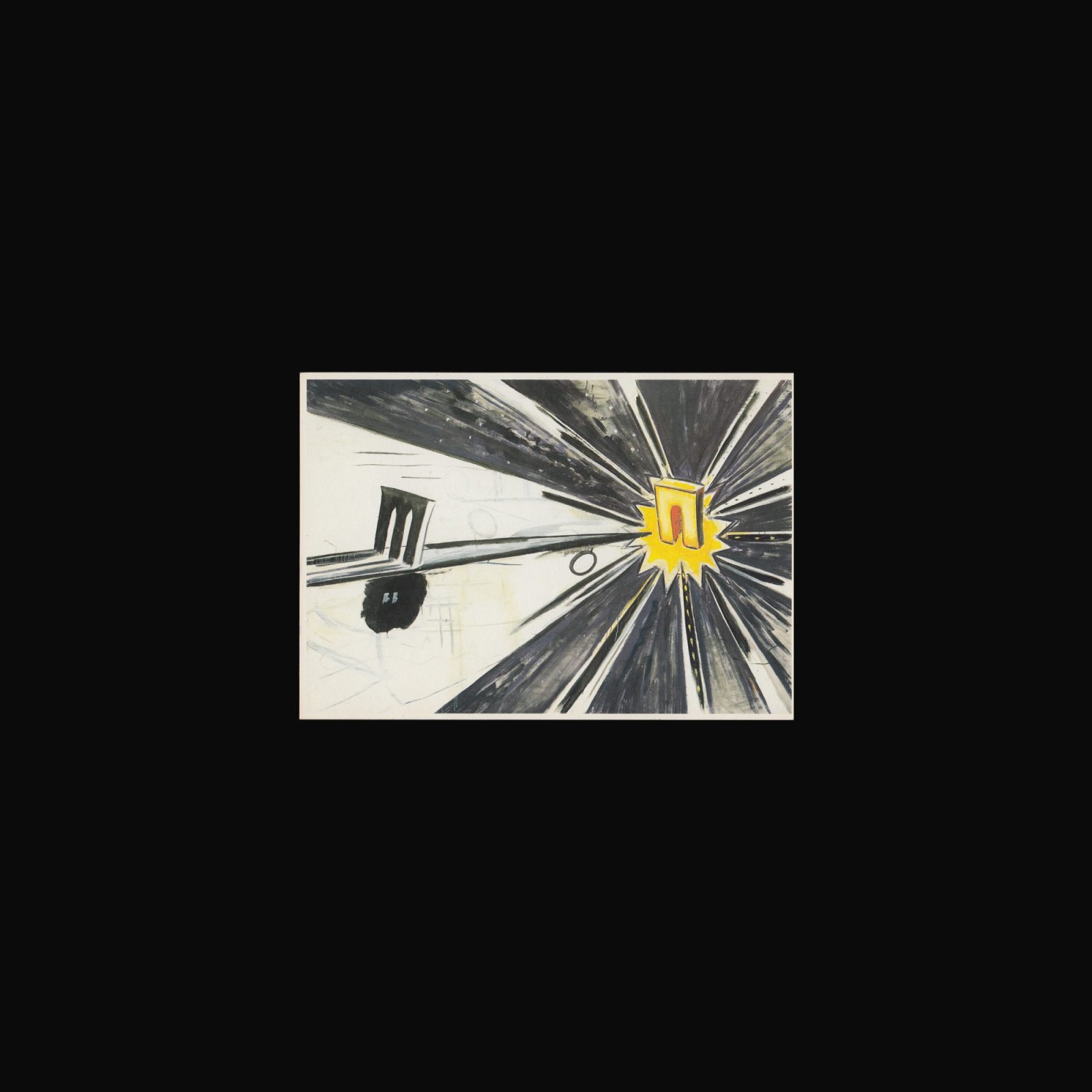
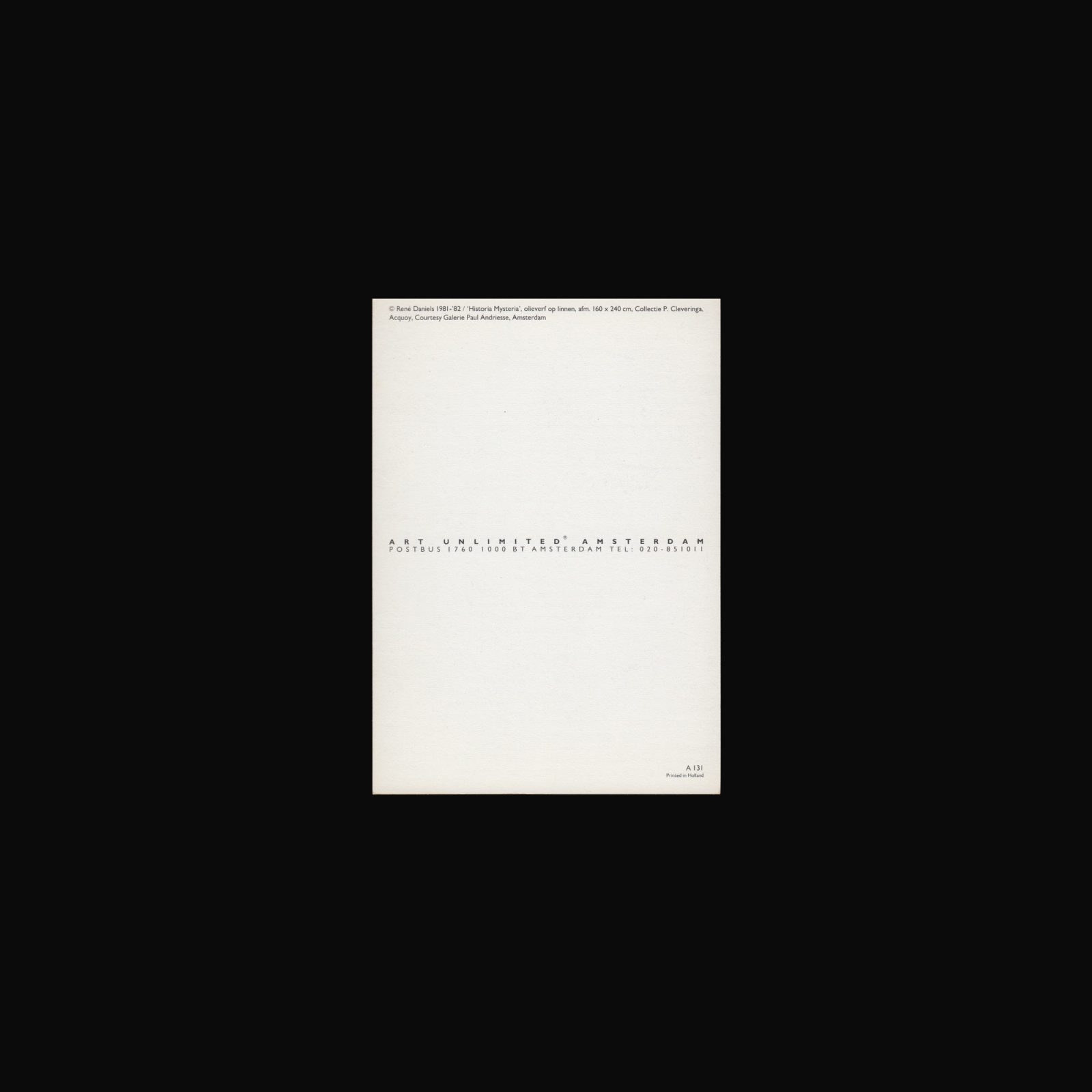
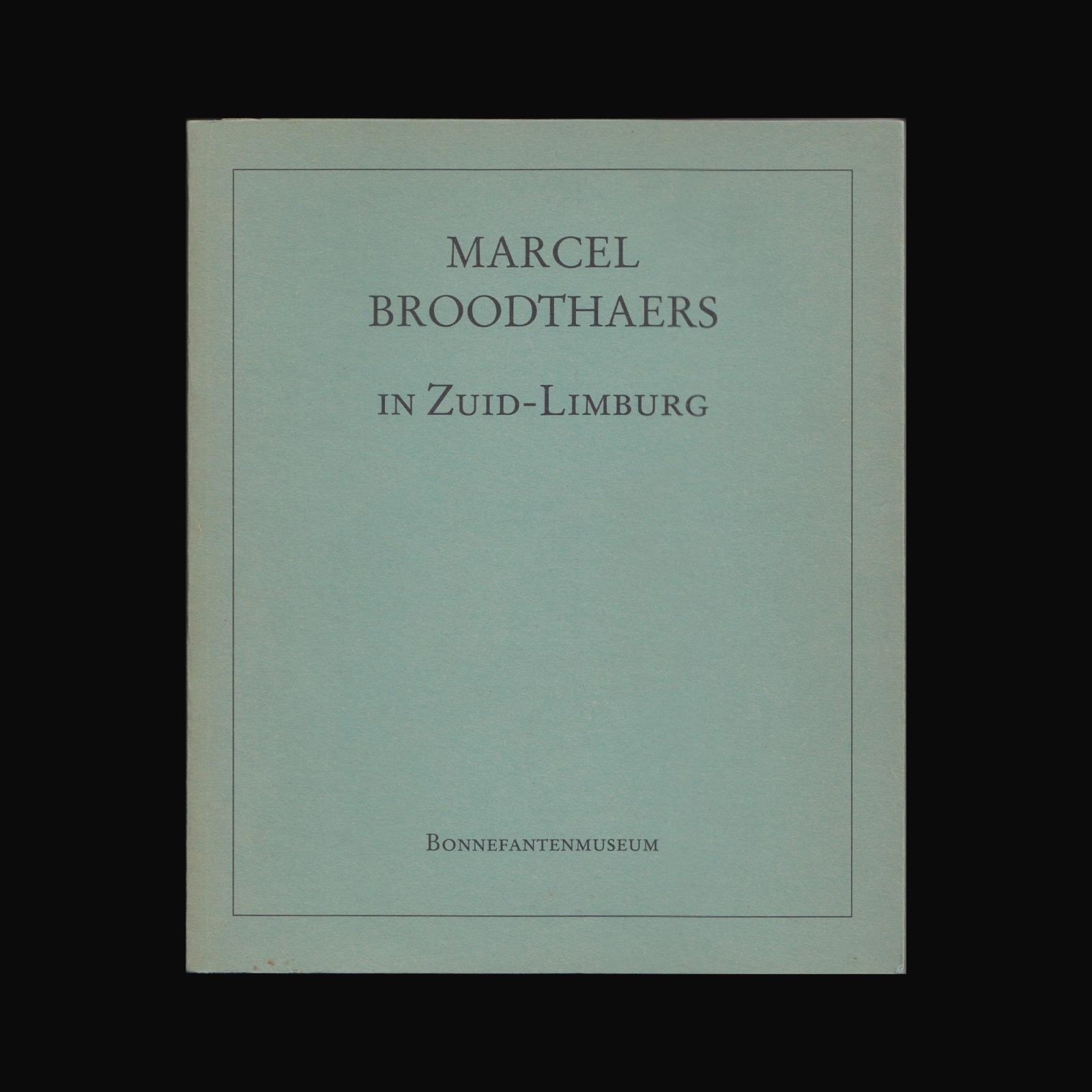
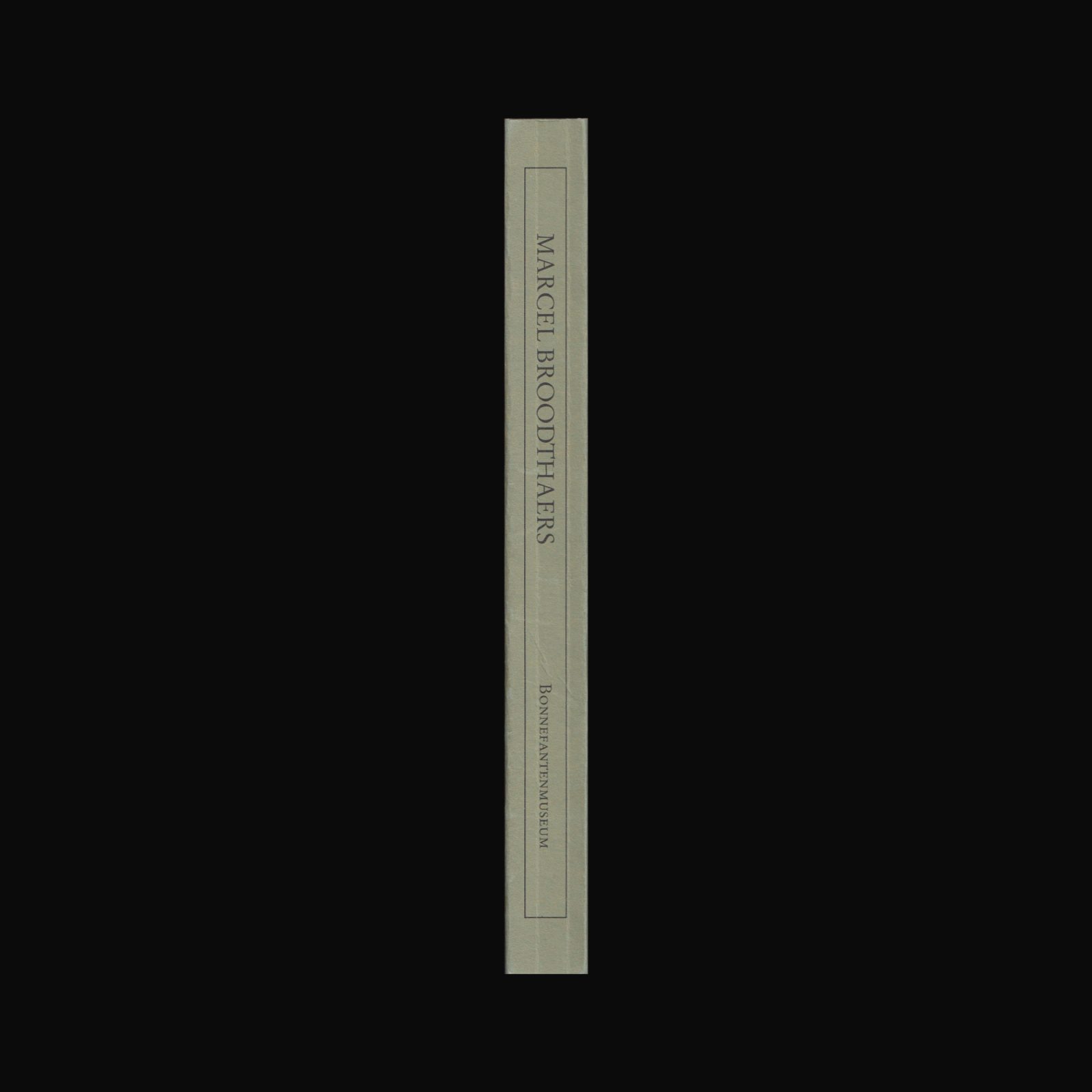
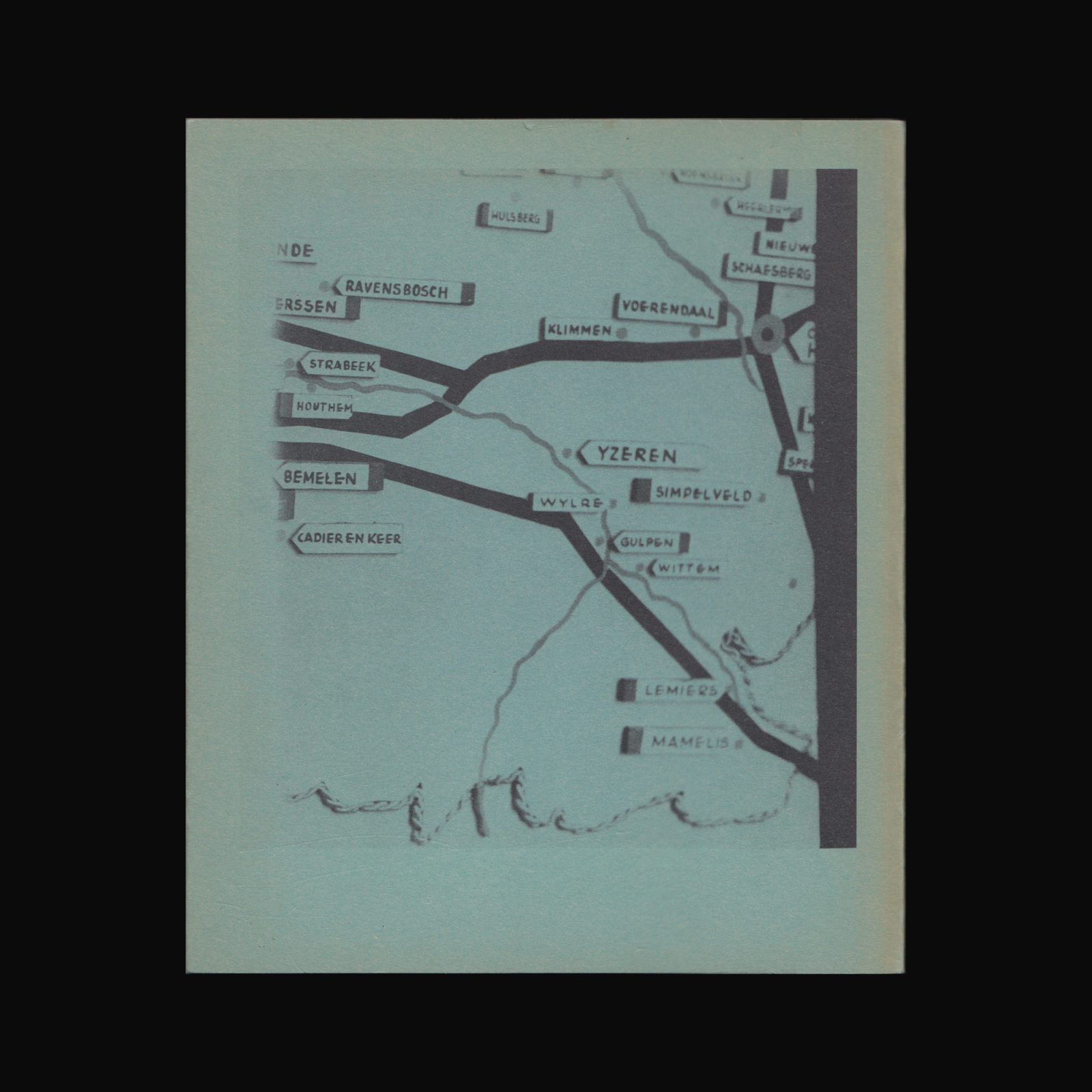
Produced on the occasion of the 1987 exhibition Marcel Broodthaers in Zuid-Limburg Foto’s/Photographies/Photographien 1961–1970 at the Bonnefantenmuseum, Maastricht. With a foreword by Alexandre van Grevenstein, and texts by Marcel Broodthaers and Ian Jeffrey.
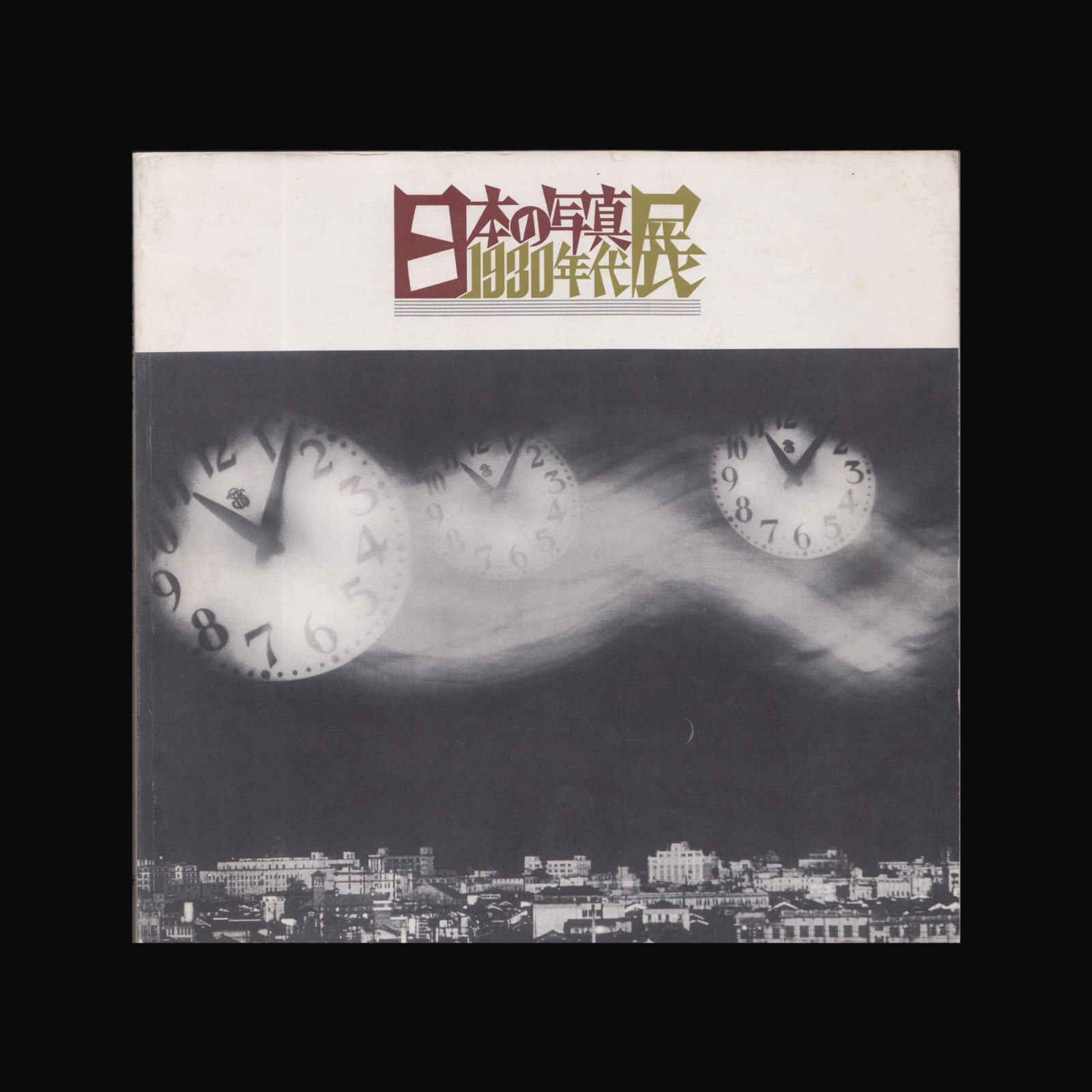
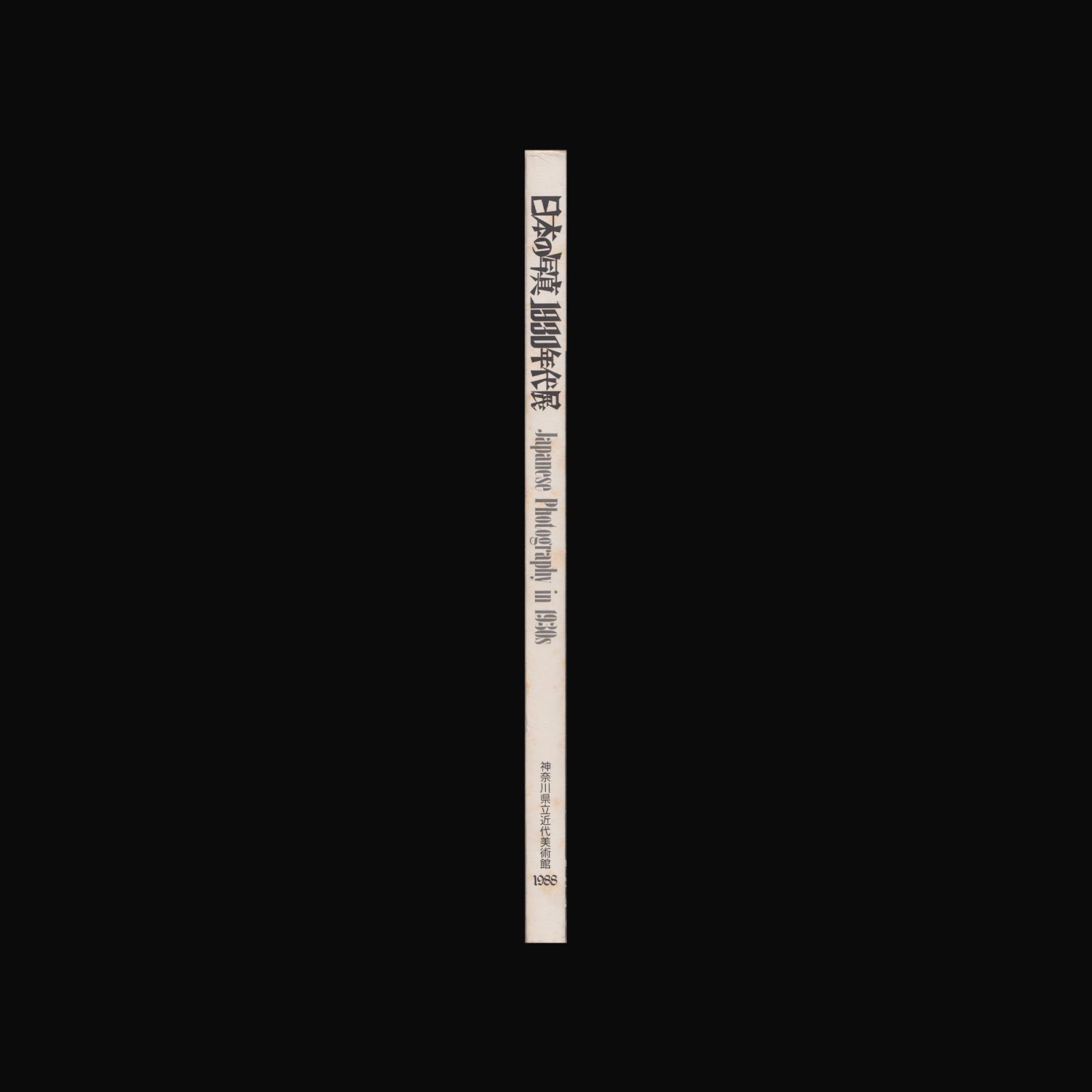
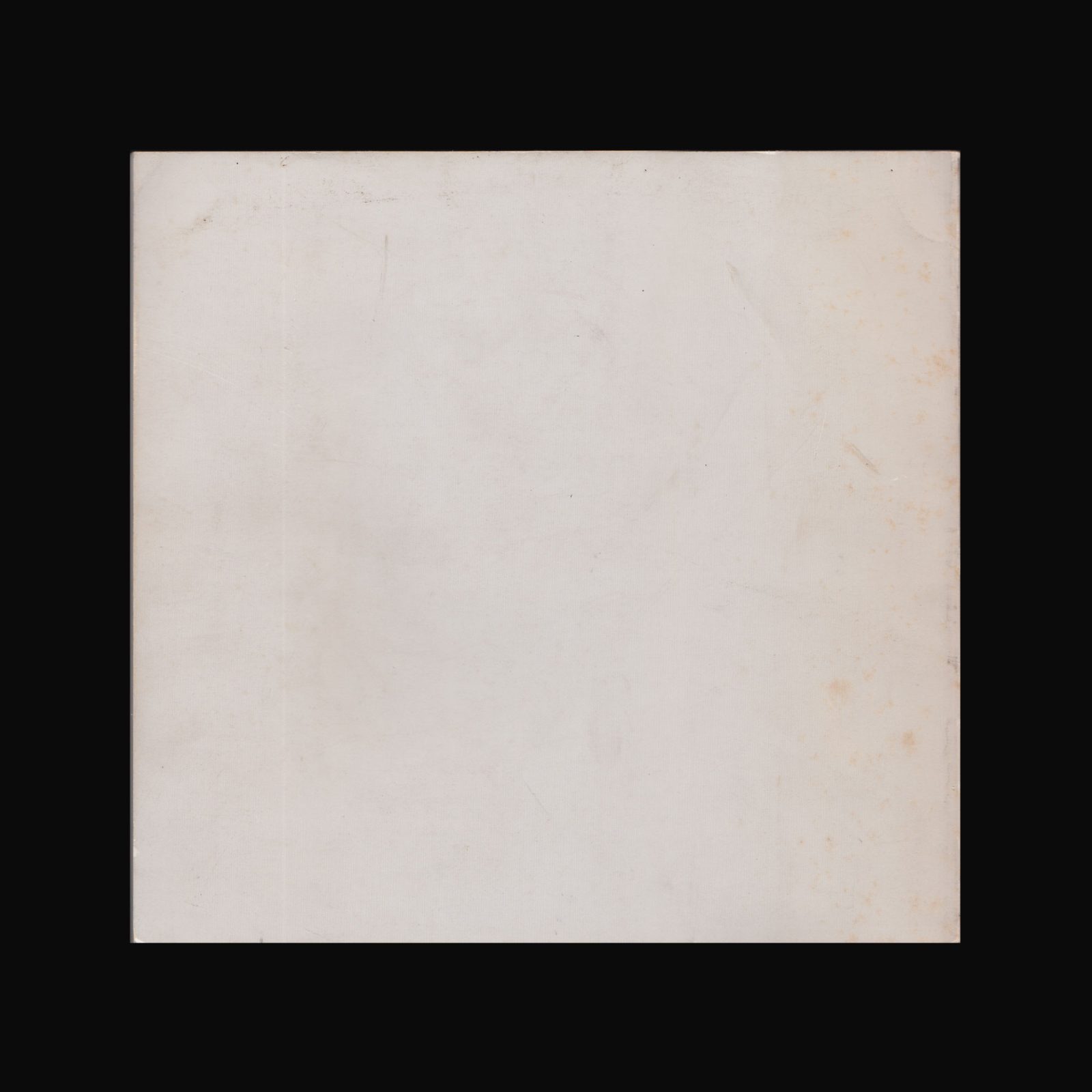
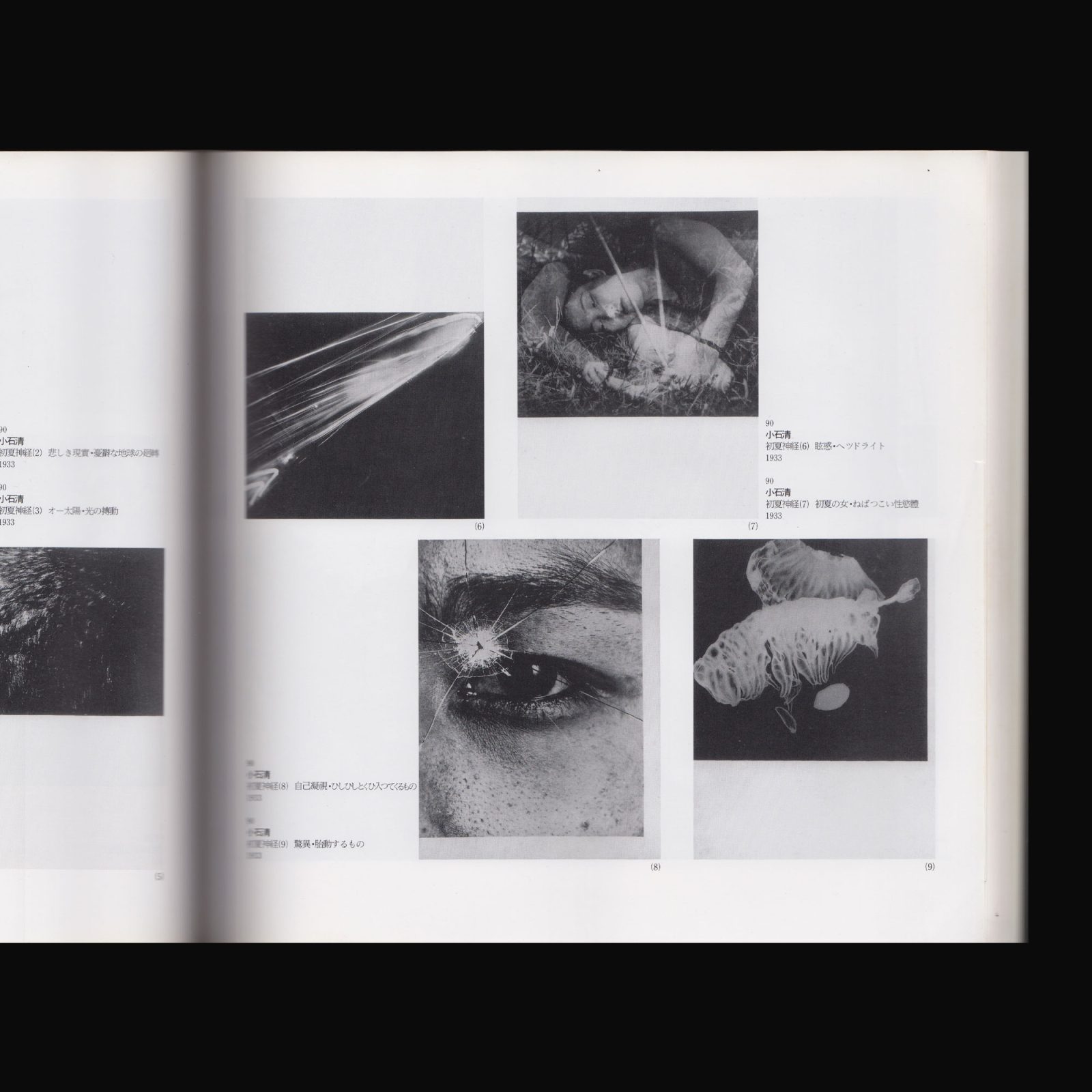
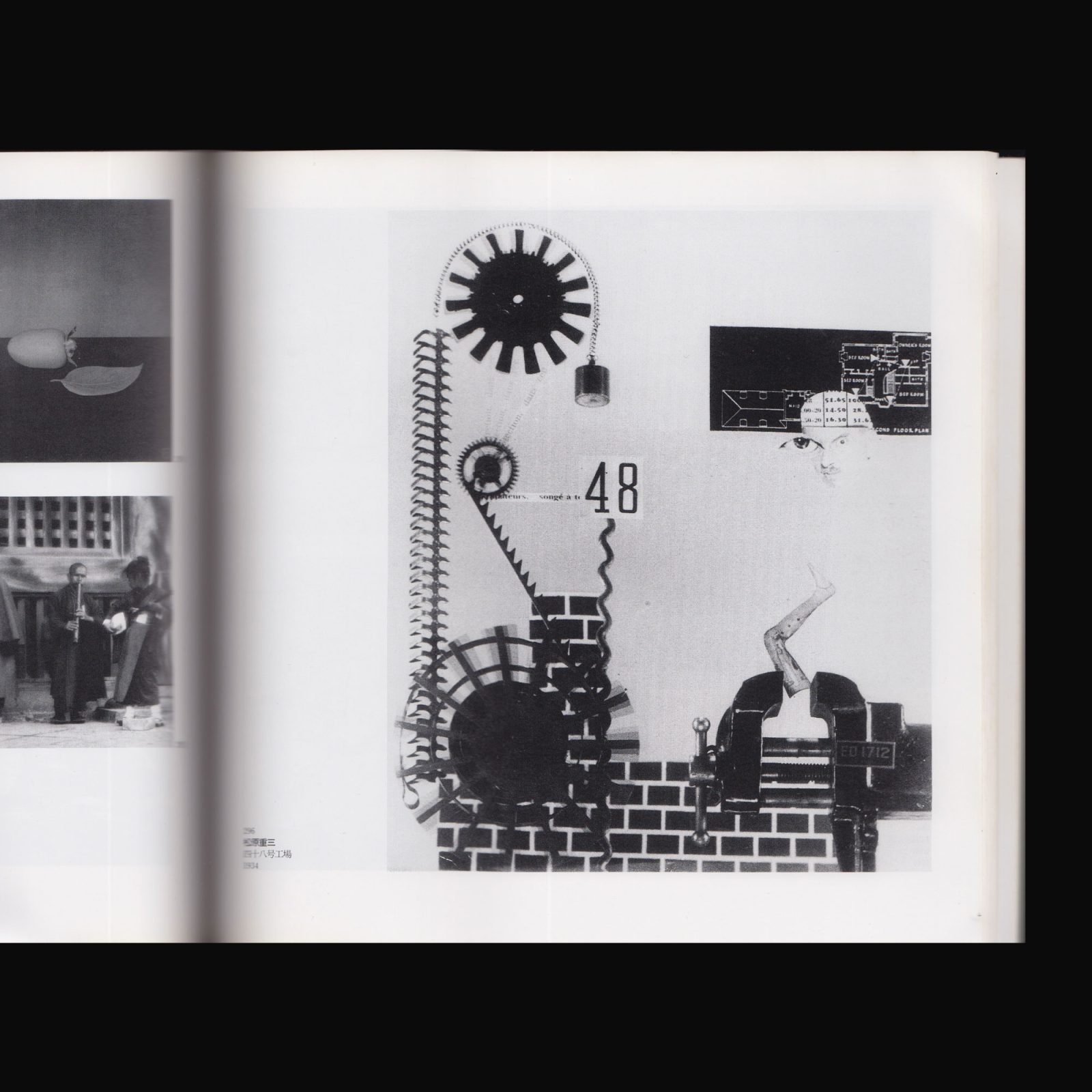
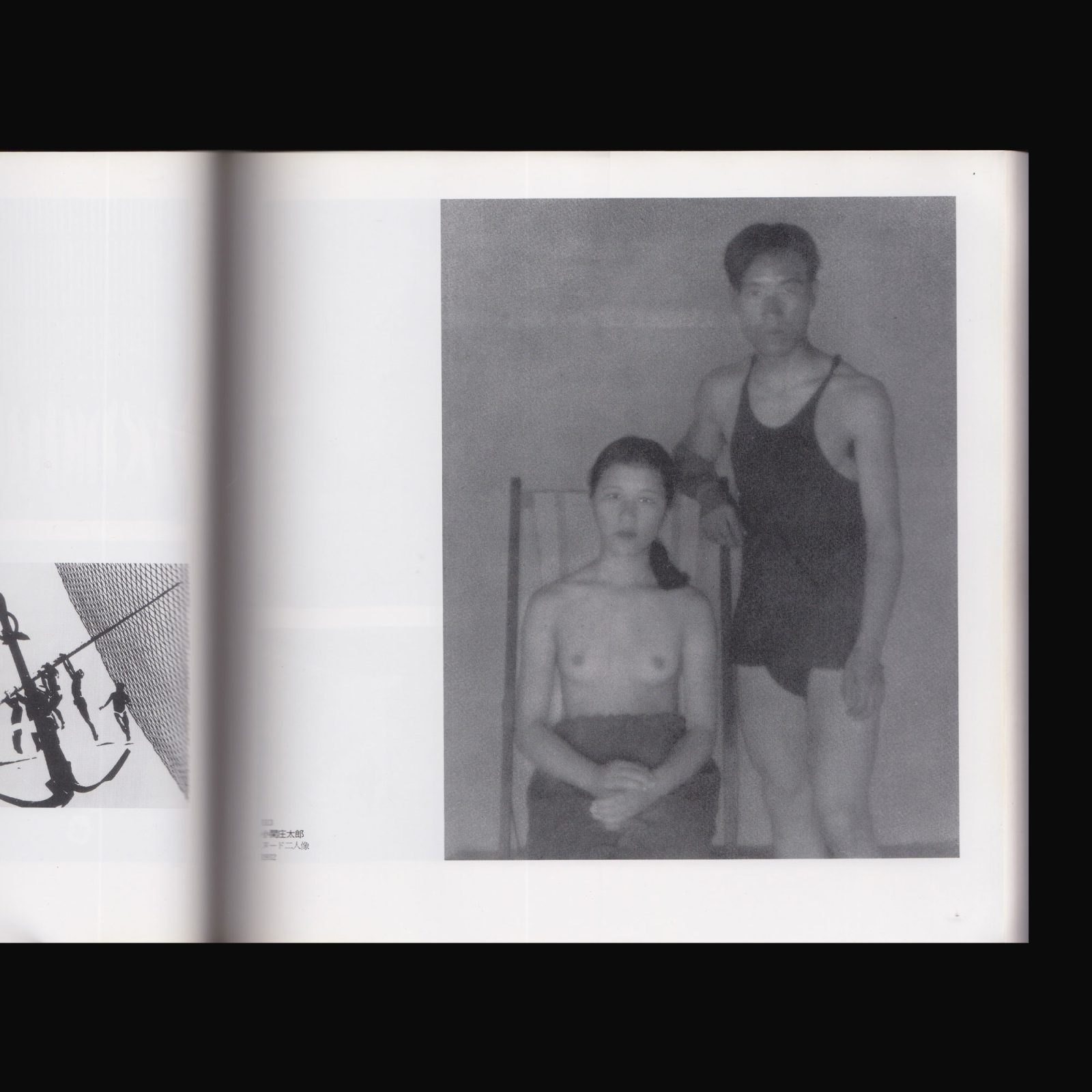
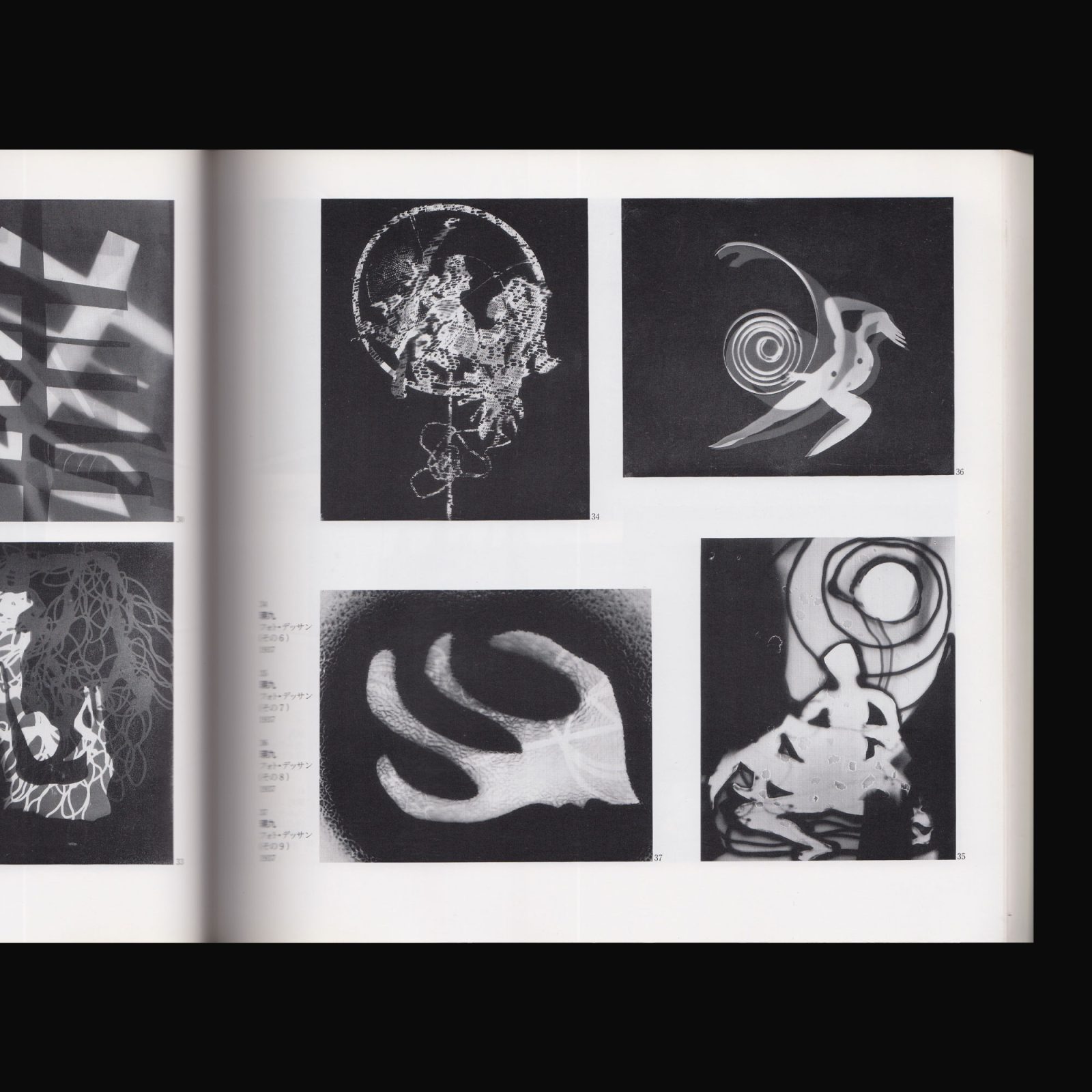
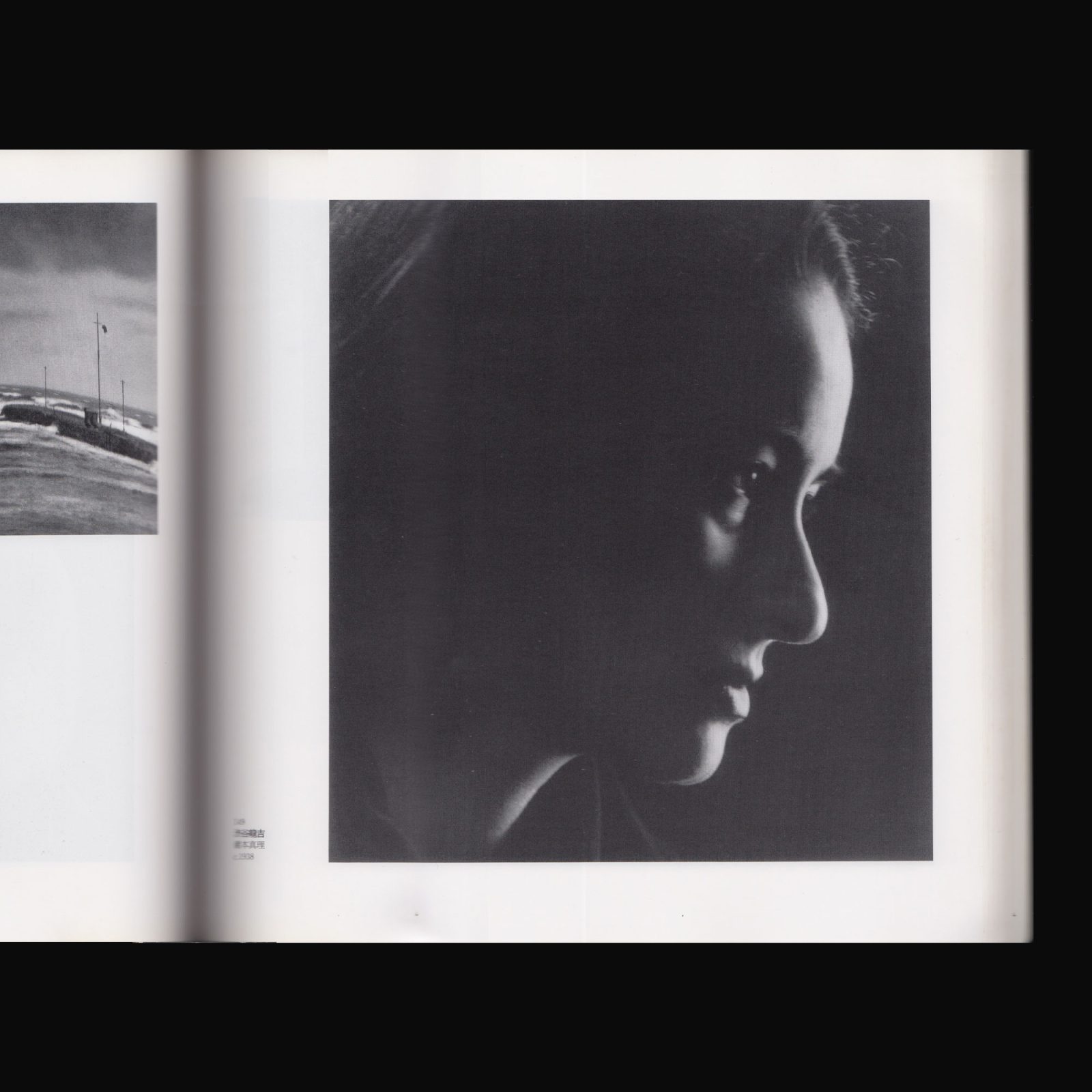
A pictorial record of the exhibition Japanese Photography 1930s, Kanagawa Prefectural Museum of Modern Art, 1988, which collects photographs from the emerging photography of the era. Approximately 340 illustrations of the work of photographers such as Kiyoshi Koishi, Shoji Ueda, Ei-Q, Koshiro Onchi, Nakaji Yasui, Iwata Nakayama, Shinzō Fukuhara, Kineo Kuwabara, Terushichi Hirai amongst others.
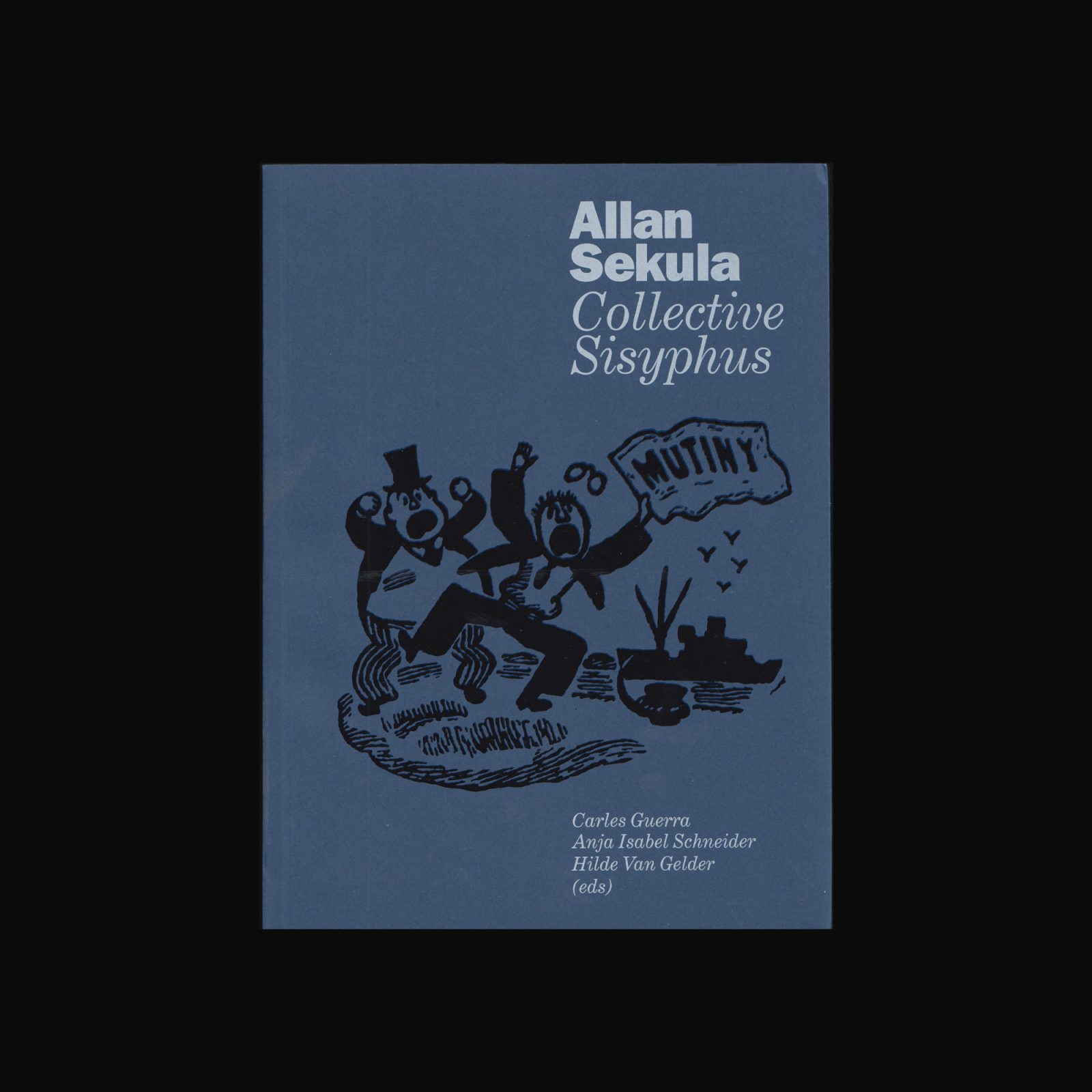
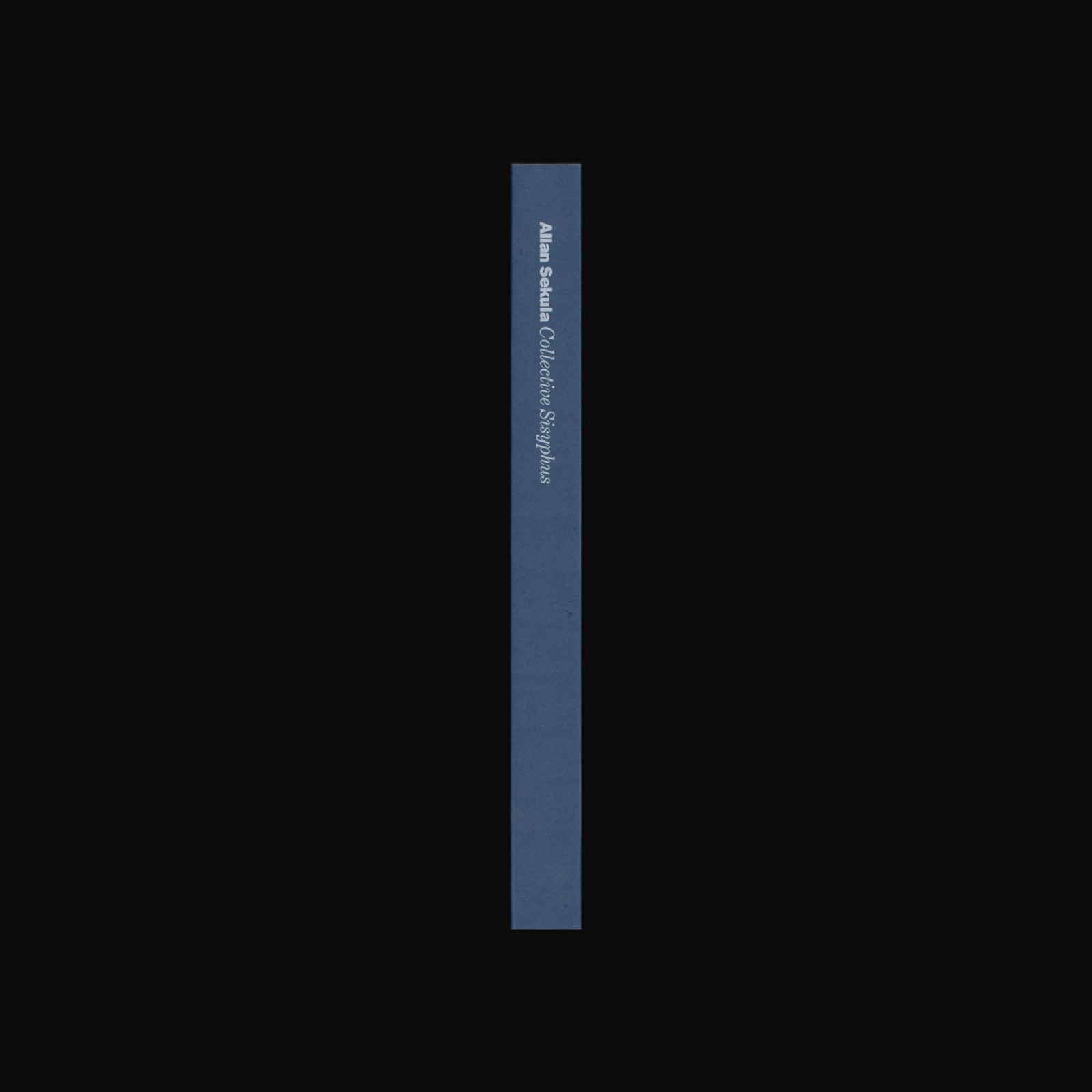
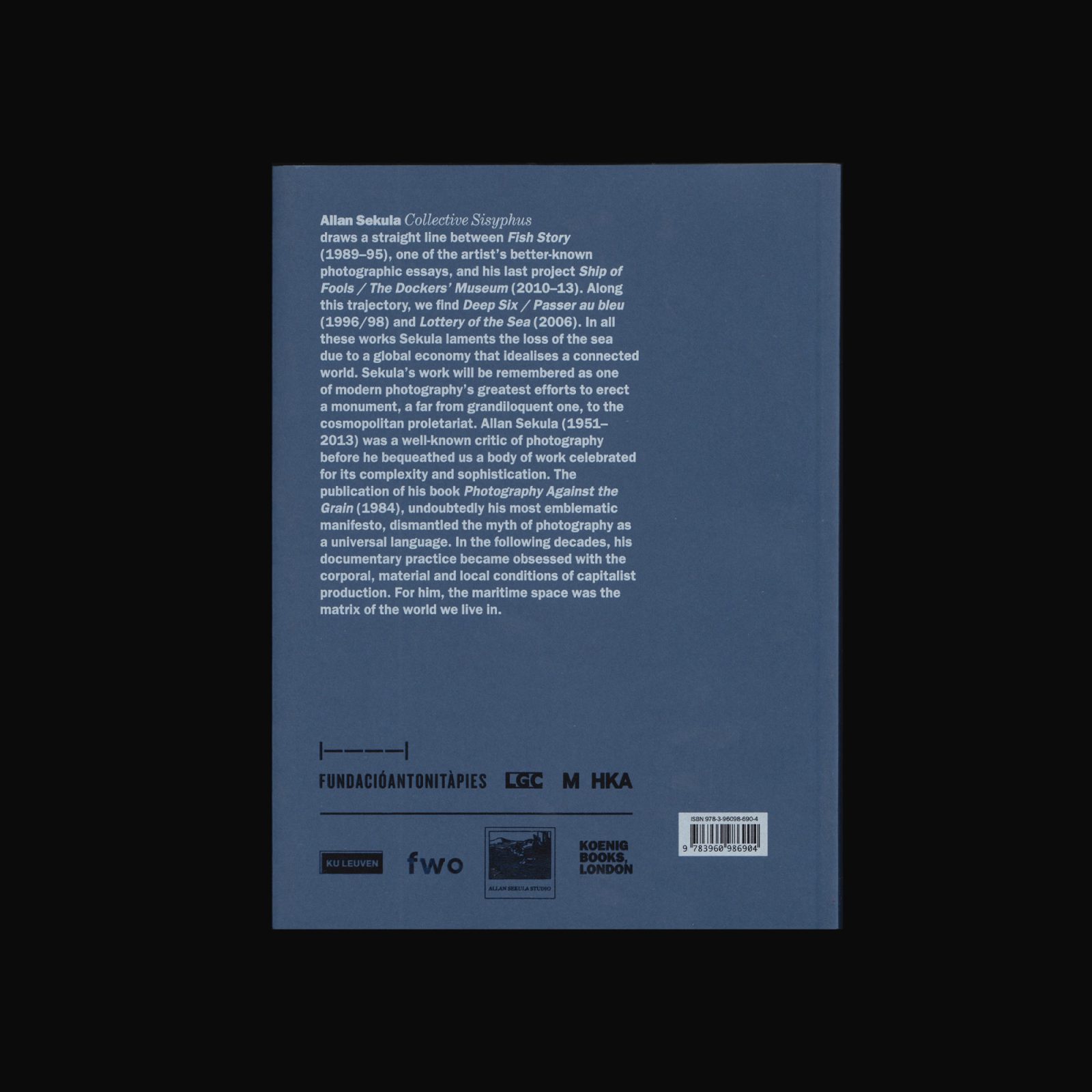
Allan Sekula was one of the most important figures in modern photography of the second half of the twentieth century. His work focused on a critique of the links that photography has always maintained with the economy, work and the politics of representation. From his beginnings in the seventies, Sekula became a reference by incorporating textuality into photography in a way that had been previously denied it by modern art. His book Photography Against the Grain: Essays and Photo Works, 1973–1983 (1984), a key work of the new photographic discourse of the late twentieth century, enshrined him as one of the least orthodox historians of the medium.
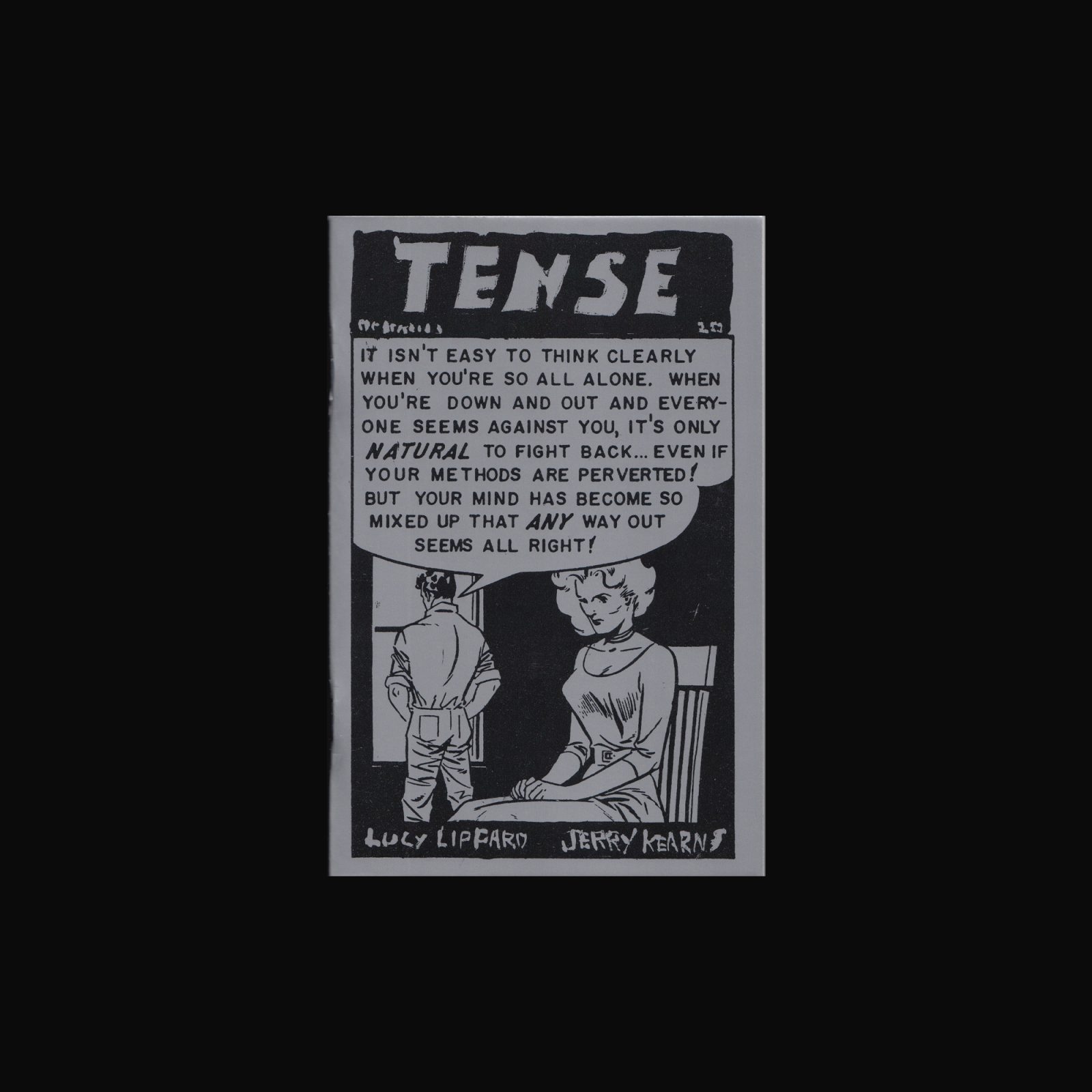
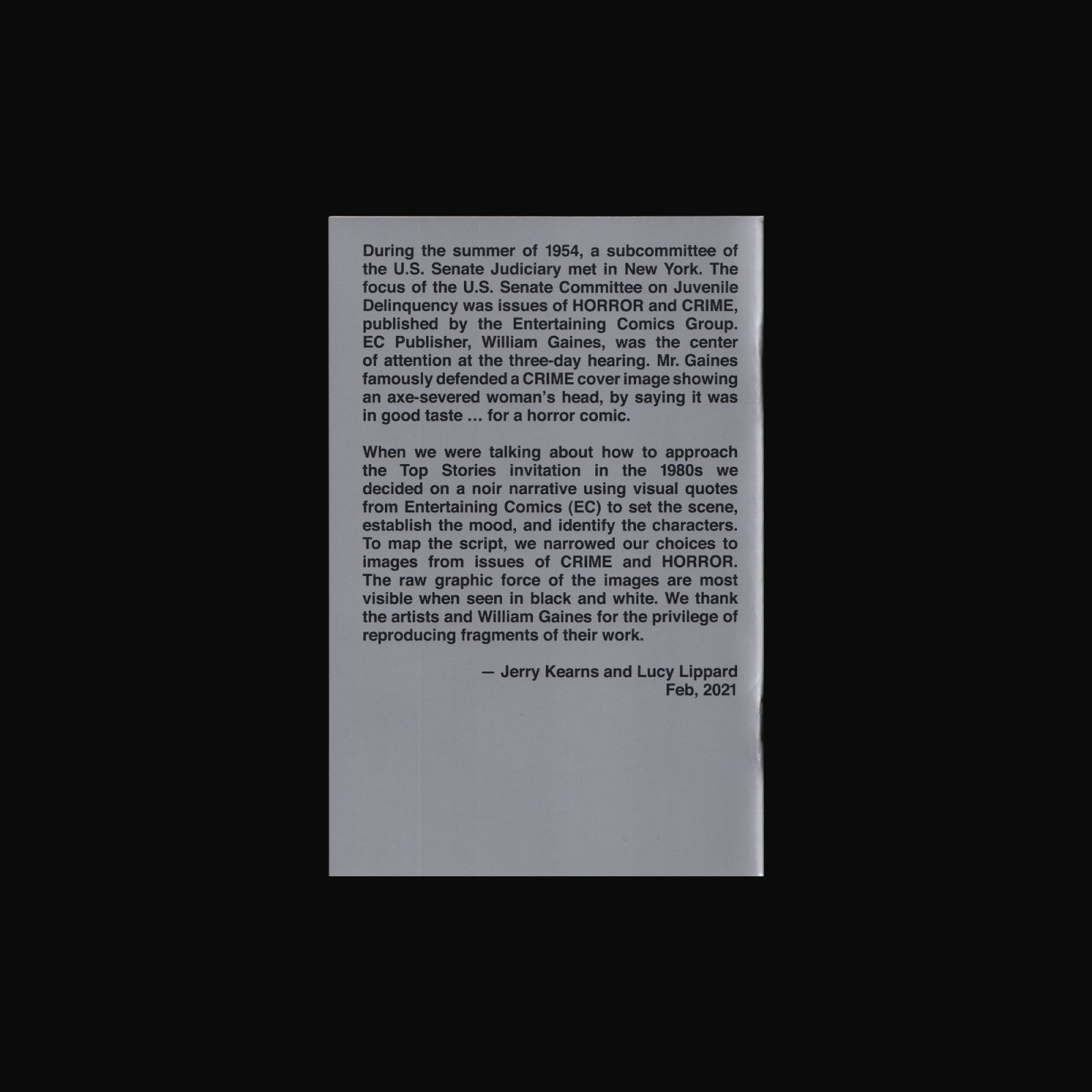
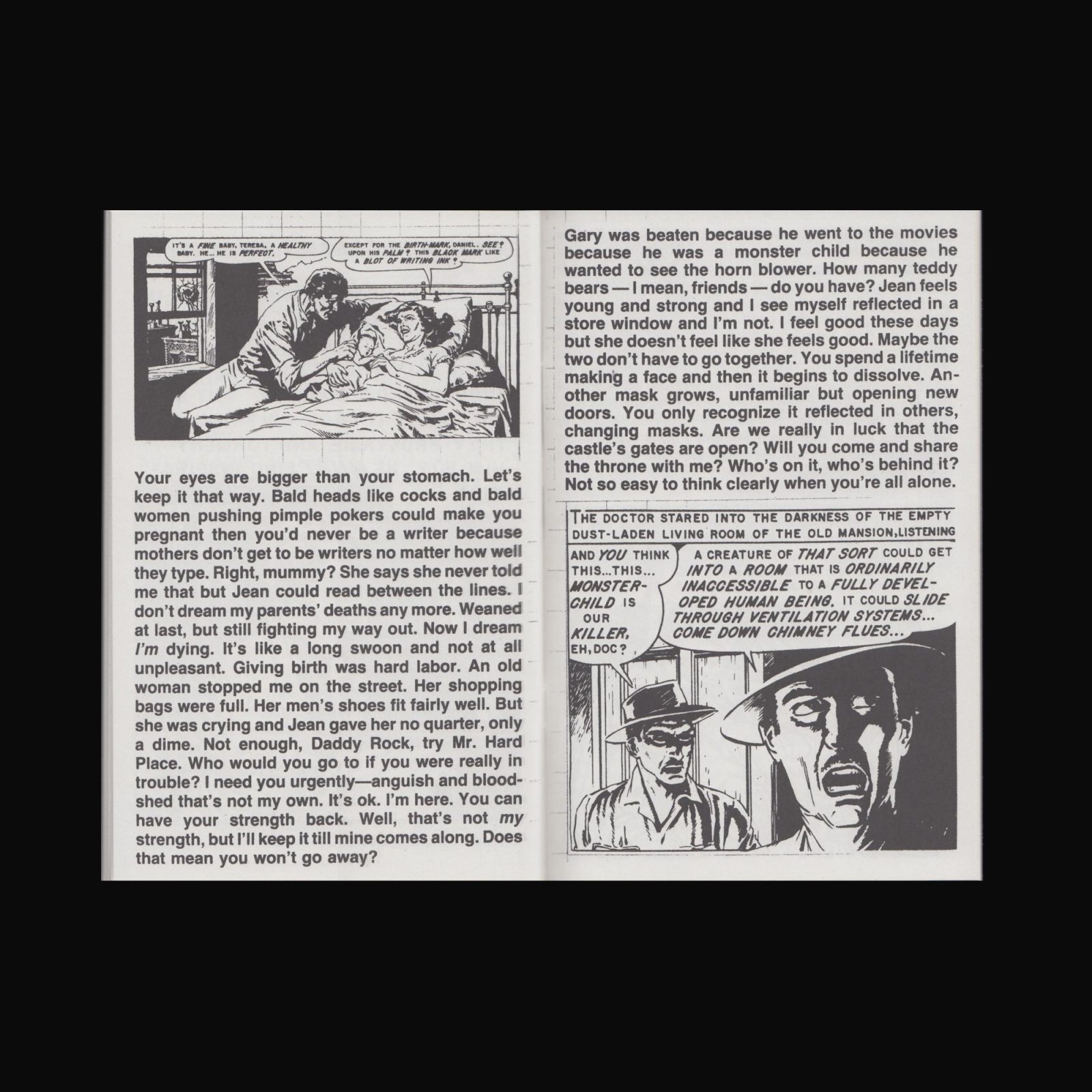
Tense is a never-realised title, originally intended for the Top Stories series. It was created by Lucy Lippard and Jerry Kearns in the early 1980s but published only now by Kunstverein Publishing, Amsterdam. The original edition was printed to accompany the exhibition Top Stories which focused on the publishing work of Anne Turyn at Kunstverein, Amsterdam, 2 April–26 June, 2021.
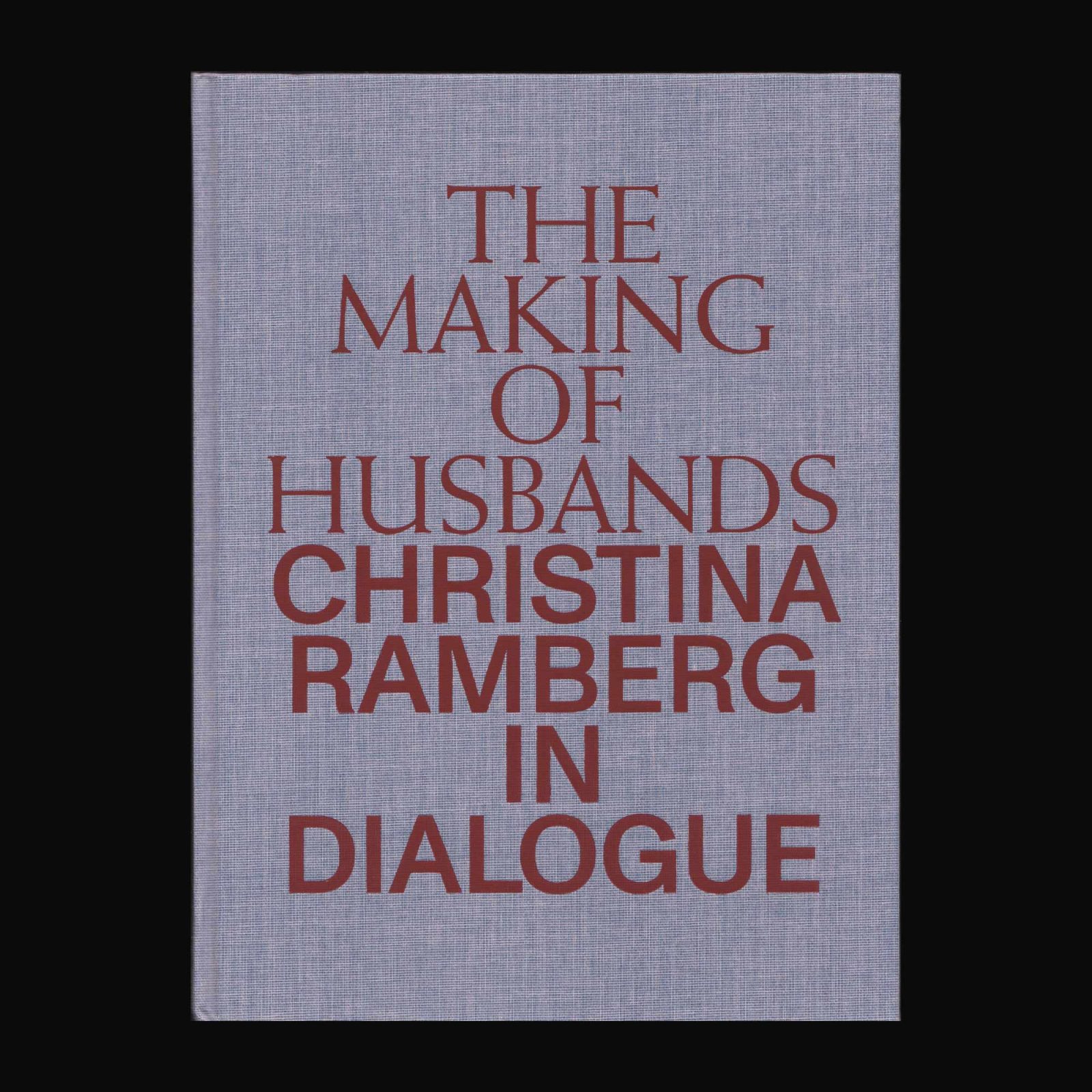
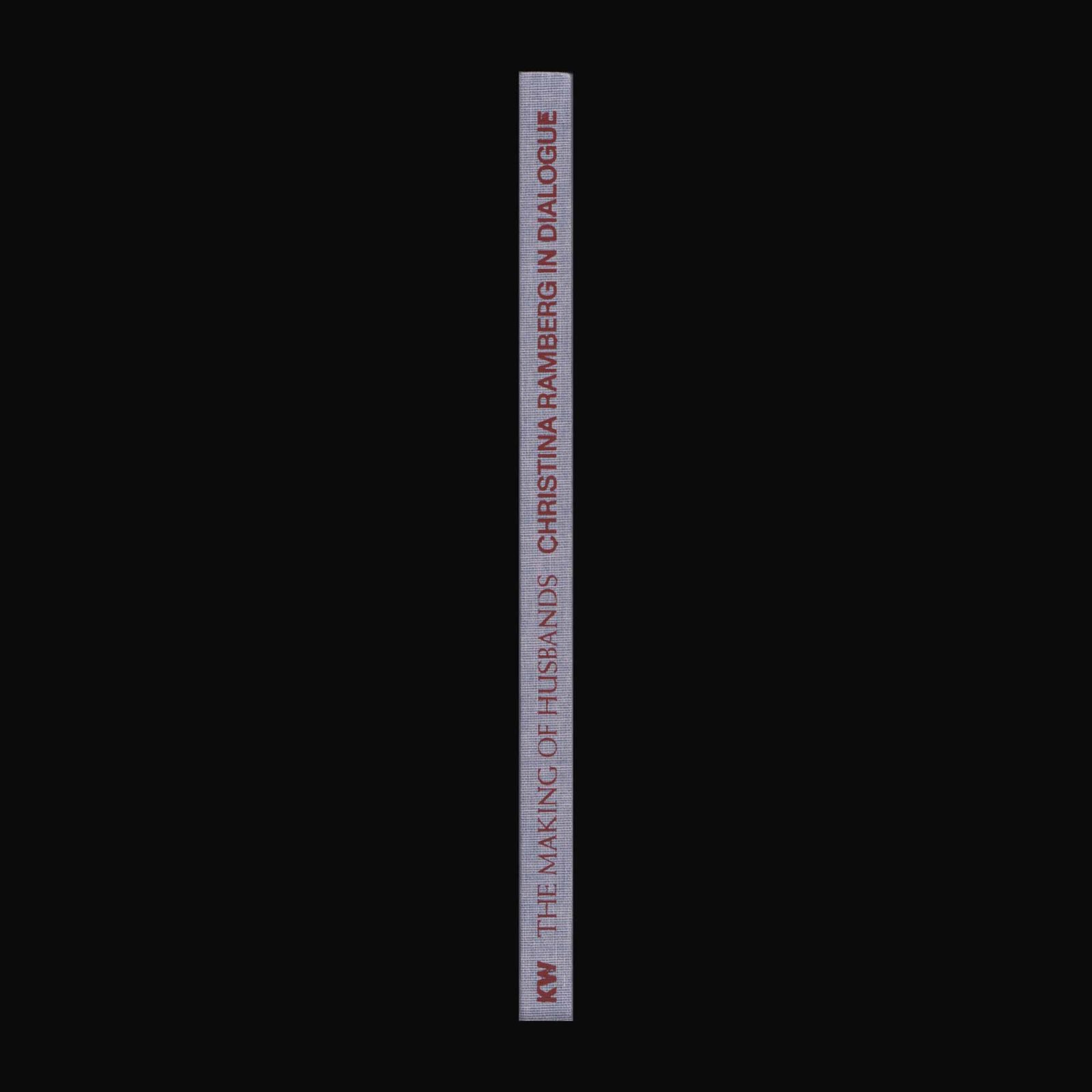
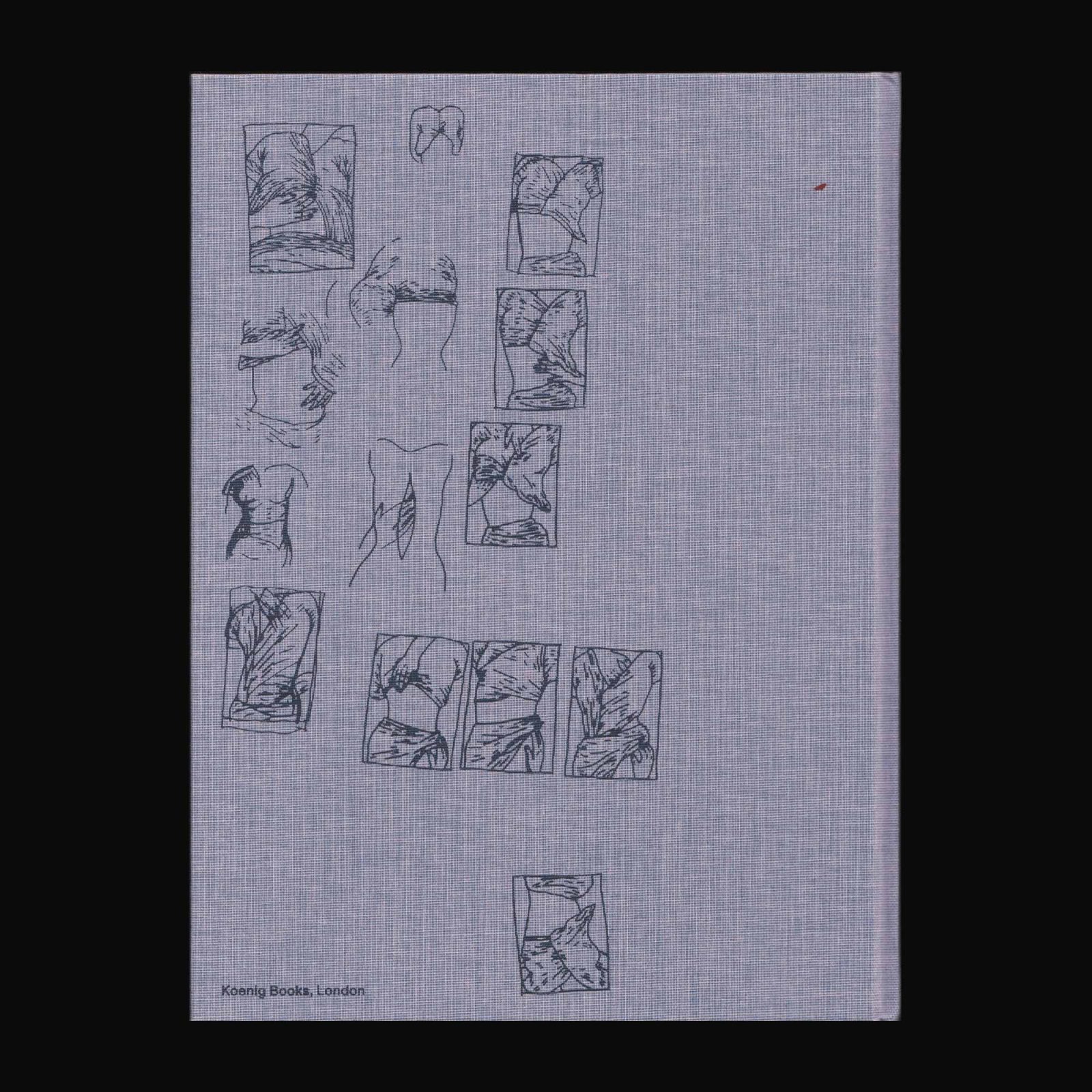
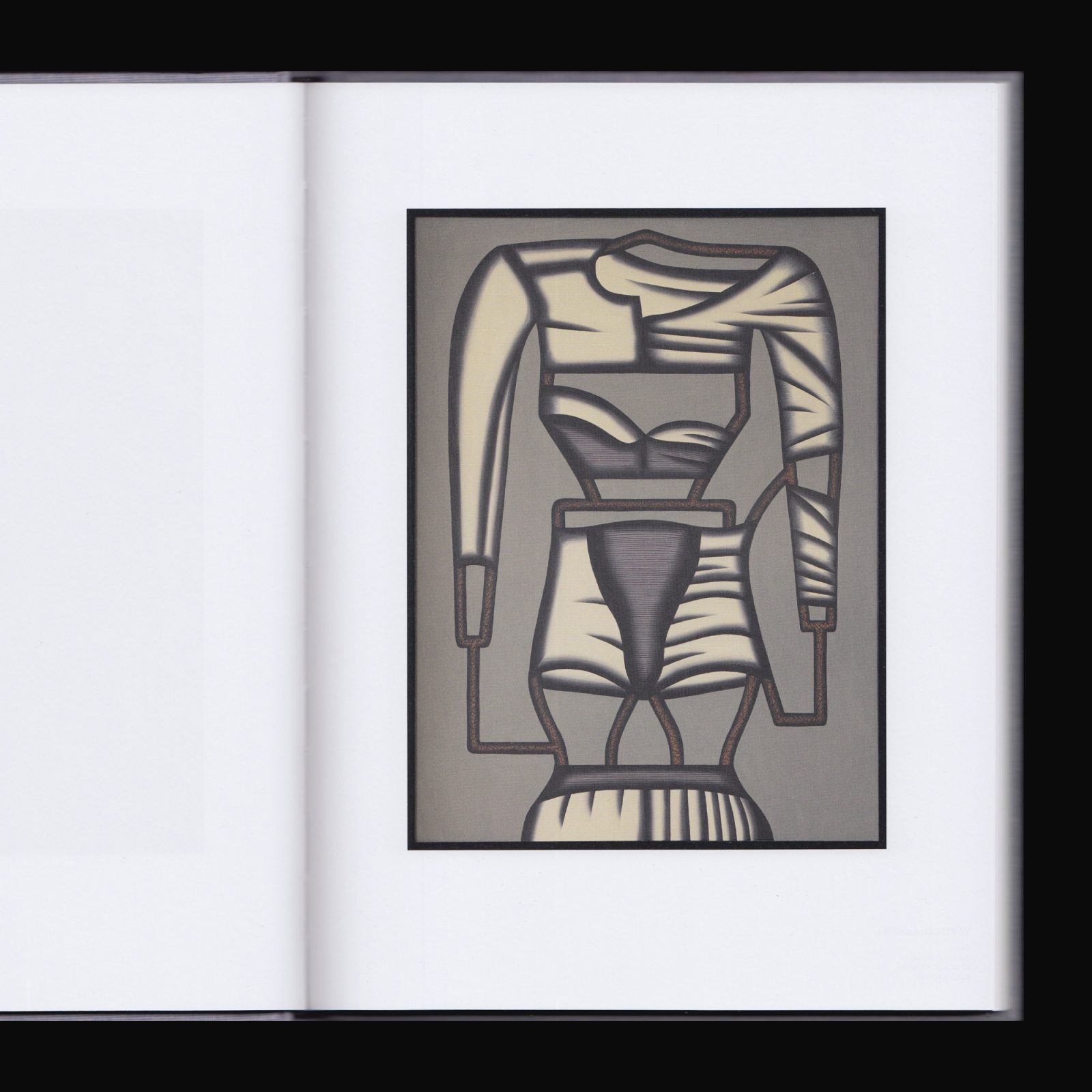
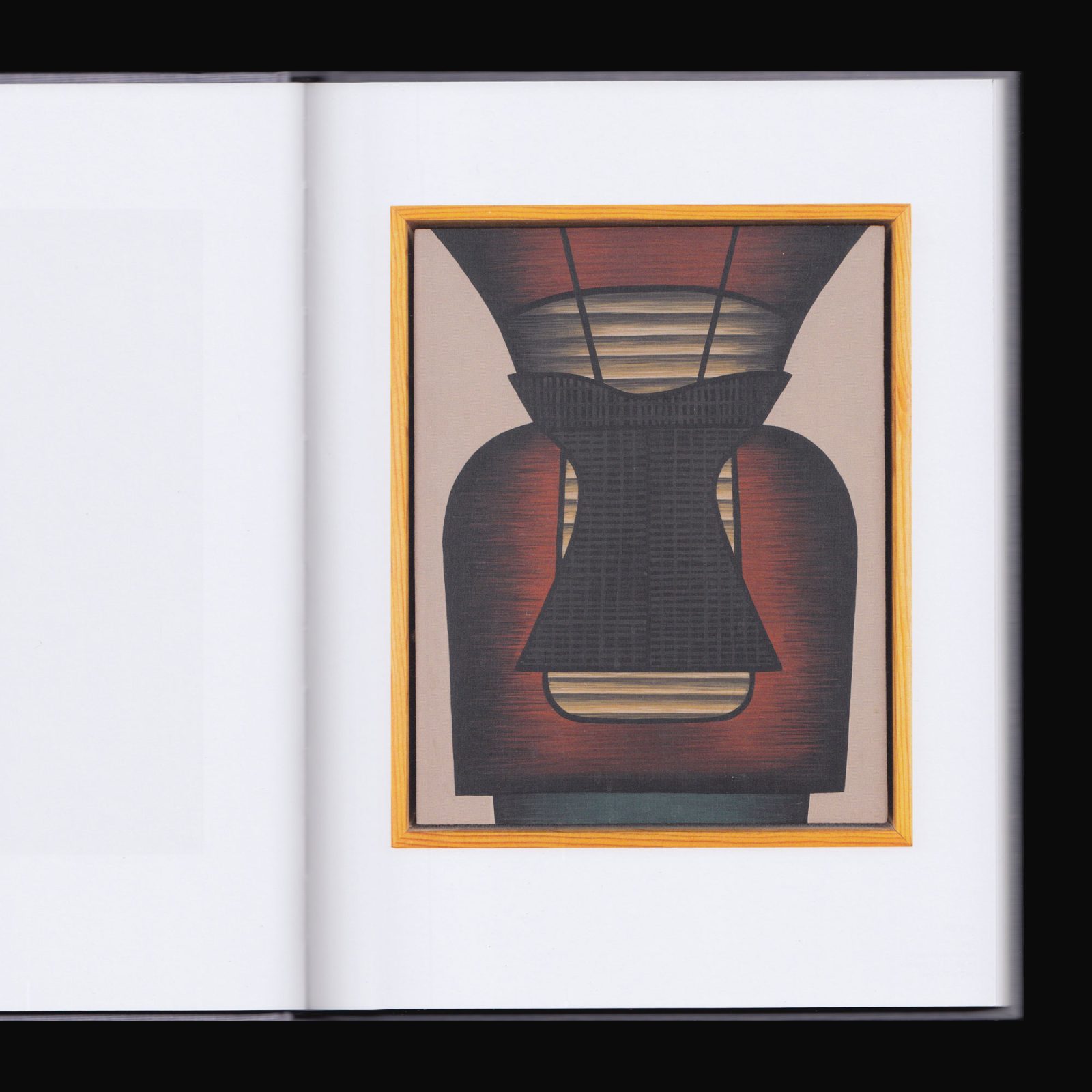
“Containing, restraining, reforming, hurting, compressing, binding, transforming a lumpy shape into a clean smooth line,” is how American artist Christina Ramberg once described the drawings of corsets in her sketchbooks. Ramberg was one of the most intriguing painters to emerge within a generation of Chicago Imagists. She left a significant body of comic, formally elegant, erotically sinister paintings.
Produced on the occasion of The Making of Husbands: Christina Ramberg in Dialogue at KW Institute for Contemporary Art, Berlin, 14 September, 2019–5 January 2020. Christina Ramberg’s work was shown alongside of other artistic positions such as Alexandra Bircken, Sara Deraedt, Gaylen Gerber, Frieda Toranzo Jaeger, Konrad Klapheck, Ghislaine Leung, Hans-Christian Lotz, Senga Nengudi, Ana Pellicer, Richard Rezac, Diane Simpson, Terre Thaemlitz, Kathleen White.
With texts from Dodie Bellamy, Kathrin Bentele, Jen George, Larne Abse Gogarty, Anna Gritz, Judith Russi Kirshner & Léon Kruijswijk.